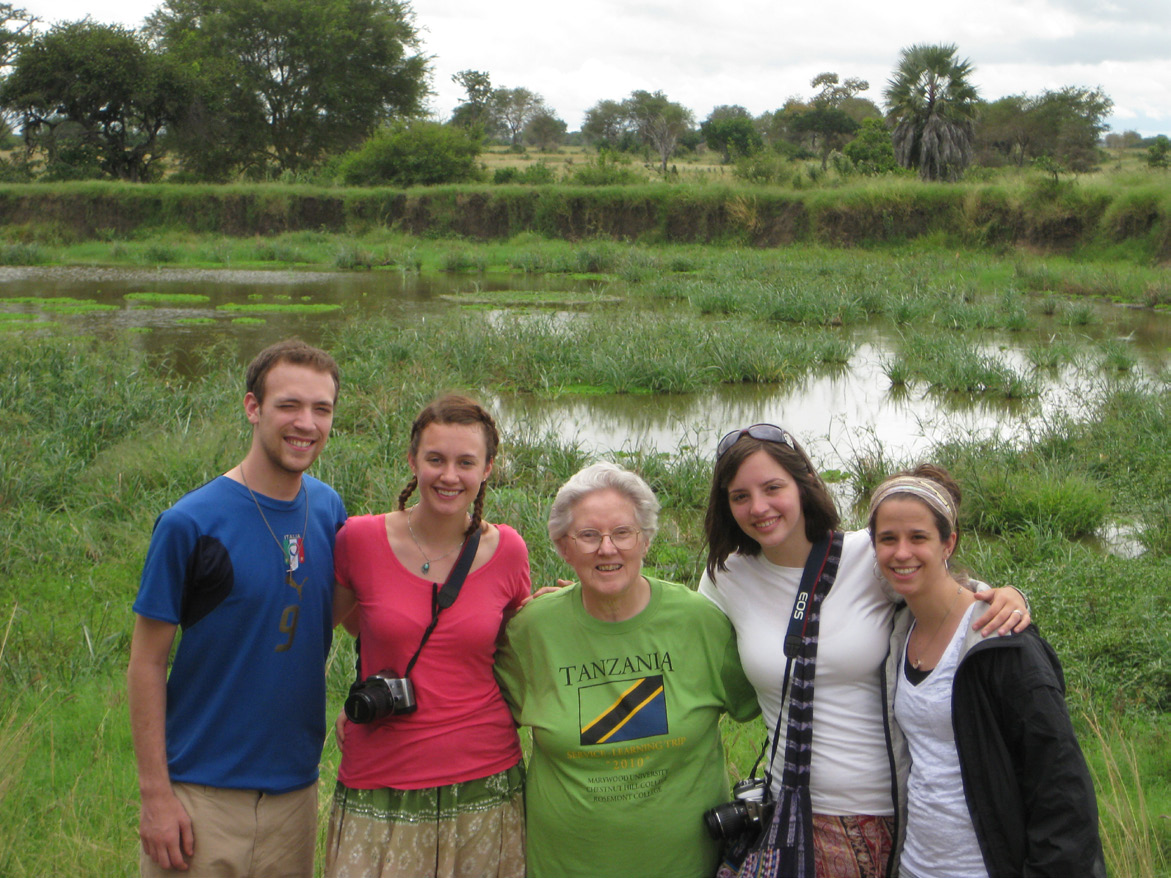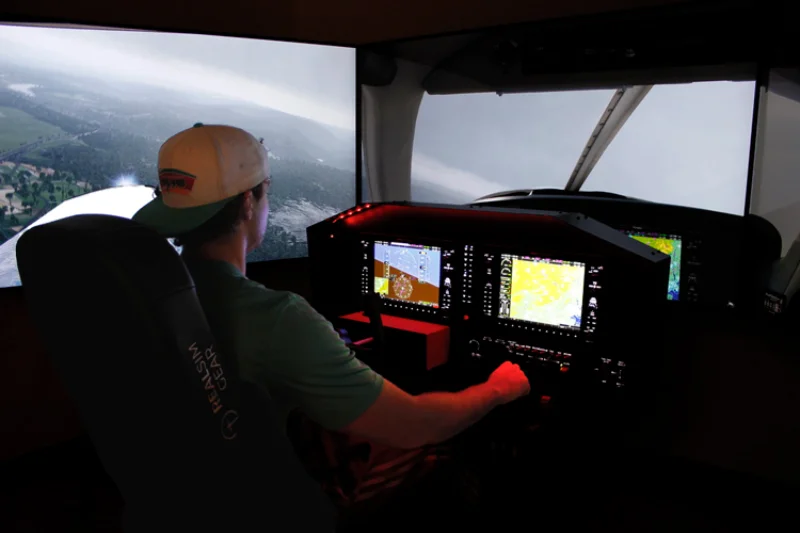This past May four students from Marywood University traveled to the Bigwa Sister’s Secondary School in Morogoro, Tanzania on a service learning trip. Bigwa is a school sponsored by the African Sisters Education Collaborative (ASEC). The school was established to educate sisters in Tanzania and to help them finish their advanced level of study. They do not have this opportunity since they spend several years in service after completing primary school. Bigwa is now a school for female students as well as the sisters wishing to finish their education.
In Tanzania, students who wish to continue their education by attending secondary school begin by completing the ordinary level exams in forms one through four. After that they may continue on to take their advanced level exams in forms five and six which will allow them to apply to a university. All tests are given in English and students are expected to perform and write with high competency. Therefore, our main task was to provide the students at the school with a better grasp of written English, and an understanding on how to properly structure their ideas and thoughts into well constructed essays.
Our Marywood group consisted of our teacher and chaperone Sr. Margaret Gannon, IHM and students Katie Bloodgood, Joseph Iacovazzi, Tammy Misewicz, and myself. We joined with students from Rosemont College and Chestnut Hill College, two other colleges affiliated with ASEC. Prior to the trip, students spent the spring semester learning about the history, culture, and school system of Tanzania as well as preparing grammar and writing lessons.
Once in Tanzania, the entire group of college students was split into two teams, one to work with the form five classroom and the other to work in the form six classroom. Each class had 20-25 students; this allowed each college student to have a small group of three to four students to work with each day.
Conditions of the classrooms were nothing like we are used to in American schools. It was quite the challenge to find 24 copies of the same book; few students had the same textbook in class and some merely had meticulously copied the pages of a peer’s textbook by hand. However, these conditions and obstacles did not stop the students from learning. They spent most of their free time studying and doing homework.
Annet, one of the students, said “We study hard because this is our only chance”. They value their education because of what their future will be without it. If they do not pass their exams and go on to college, they will have very bleak futures in an endless cycle of poverty. All students, both the sisters and the young women, have such high aspirations—doctors, lawyers, social workers, teachers, etc. Their geography teacher said, “If they do not have goals then they have nothing to reach for.”
In addition to teaching English, we went with the goal of creating art with the students. We brought with us watercolor paper and paints. We gave a lesson in how to use the watercolors and encouraged them to try it. Each student made a painting to keep for themselves and then another which we brought back with us.
We are hoping to have a display and sale of the students’ watercolors this semester and send 100% of the profits back to the Bigwa Secondary School, so the students can create a vegetable garden to provide them with more nutrition in their diets. Our experience became more than just tutoring in English. We learned about living in solidarity across the world and truly understanding the people we are living to serve. The students had such warm and welcoming hearts from the moment we arrived. They showed us their love and affection and what it really means to care for another person. We took away many lessons from the Tanzanian people, especially the importance of truly engaging with one another and taking the time to communicate. Although our trip ended in June we continue to remember the students who taught us so much and hopefully provide them with more assistance from the United States.
Story continues below advertisement











